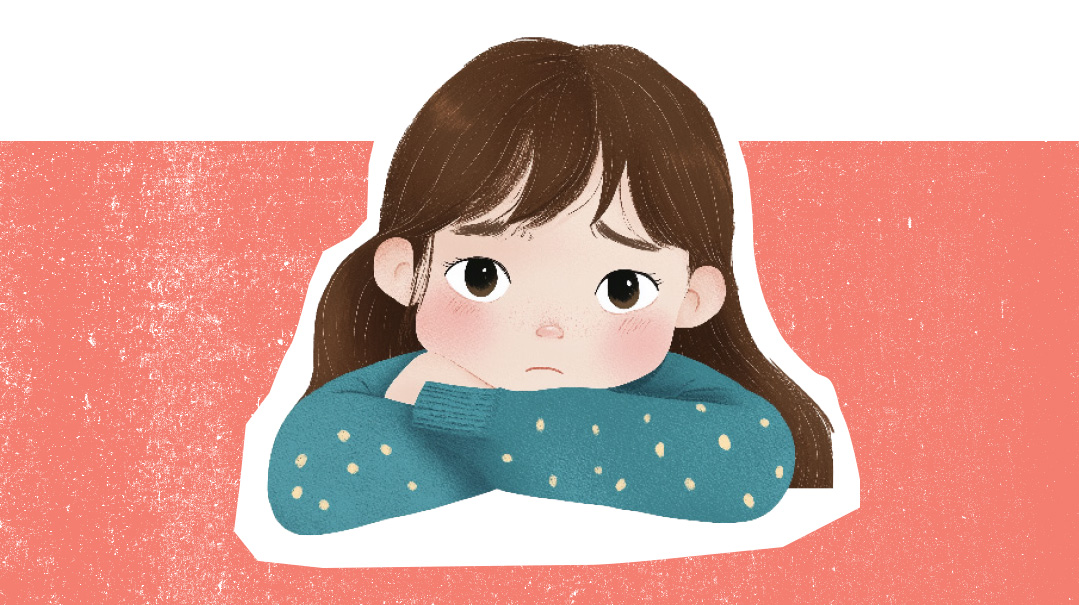Highly Sensitive Spouses
| March 28, 2023There are people — about 18 percent of the population actually — who are naturally highly sensitive people (HSPs)

Highly Sensitive Spouses
Abby Delouya
Sensitivity can be confusing. We want others to be sensitive toward us, but don’t want to be accused of being too sensitive. Is it a good thing? A bad thing?
What triggers sensitivity? We know that people who have experienced trauma or hurtful experiences in the past can become more sensitive to certain comments or situations as a result. But sensitivity isn’t only triggered environmentally.
There are people — about 18 percent of the population actually — who are naturally highly sensitive people (HSPs). These people are born with a nervous system genetically designed to be more sensitive to subtleties, more prone to deep reflection on inner experience, and therefore inevitably more overwhelmed by outer events.
Highly sensitive people are:
Often affected by other people’s moods
Sensitive to criticism
Prone to feeling differently from everyone else, or feeling very alone
Deeply moved by beauty — whether it be music/literature, nature, or the human spirit
Likely to overthink or worry
Likely to feel tired or overwhelmed easily
Sensitive to external stimuli and need a quiet place to get relief
HSPs are also usually highly observant, intuitive, thoughtful, compassionate, empathetic, conscientious, loyal, and creative. In fact, managers consistently rate people with higher sensitivity as their top contributors.
How does the highly sensitive personality show up in marriage? The dynamic will vary depending on whether one spouse is an HSP or both are.
The first important factor to remember is that being highly sensitive is not a bad thing. In today’s world, where shows of strength and dominance can sometimes be overrated, highly sensitive people can be made to feel weak or overreactive. But when you look at the character traits that come along with being an HSP, those qualities are ones that often top our wish lists for how we’d like our spouses or parents to be.
Let’s explore what this might look like in real life:
Situation 1: Zalmy (HSP) and Bracha (non-HSP) often fall into conflict because Bracha reads Zalmy’s need to retreat from overstimulation as rejection. At times Zalmy can be very attentive and considerate, but after certain situations — like after simchahs/Yamim Tovim/busy times at work — Zalmy retreats.
Over time, Bracha learns that Zalmy is not rejecting or stonewalling her, rather he is simply overwhelmed by external stimuli and needs to regroup alone before he can attune himself back to her. Zalmy learns to reassure Bracha that he’s looking forward to connecting with her, but just needs to recalibrate after an overload of sensory input.
Situation 2: Naomi (HSP) is married to Chaim (non-HSP). She’s incredibly observant, which makes her all the more successful in her job as occupational therapist and in her role as a mother. But Naomi can’t help but take detailed notice of Chaim’s flaws, which naturally puts a strain on their marriage. She also sometimes regards him as shallow or clueless. On his side, Chaim not only feels judged, but also like he’s never enough for Naomi.
Once Naomi realizes that her deep processing can inflate what seem to be flaws, but may actually only be differences, she’s able to curb her judgments and learn to see the value of their differences.
Situation 3: Binyomin (HSP) and Batsheva (HSP) try to avoid conflict with each other, as they find disagreements to be emotionally overwhelming. But their efforts to tiptoe around any emotional mine fields leads them to inadvertently create distance between each other, precluding positive meaningful connection.
A strong relationship is important to them, and they realize that while they find heated disagreements unpleasant, it’s important to create space to discuss issues, or even better, to talk about things before they become big problems, and thereby decrease the likelihood of any type of overwhelming arguments or conversely the distance forged by lack of connection.
It’s also important to know that HSP is not a blanket personality type. HSPs can be introverted or extroverted, and when you add on attachment styles, love languages, divergent childhood experiences, and adult fears and dreams, you understand why they will present very differently.
If you recognize yourself as a highly sensitive person, accept the beauty your increased sensitivity brings to your life, while keeping an eye out for the challenges you may face in relationships, making a plan to manage your feelings, communicating often, and withholding judgment.
Abby Delouya, RMFT-CCC, CPTT is a licensed marriage and individual therapist with a specialty in trauma and addiction.
Do the Math
Shira Savit
Many women who struggle with unwanted eating focus on a reduction model: get rid of the overeating, limit the carbs, minimize the sugar, curb the cravings, and lower the number on the scale. Some of these strategies might help, yet when we focus on subtraction, we usually wind up fighting an uphill battle.
I suggest an alternative method, which has proven to be more helpful in the short run as well as the long run: addition. When we focus on what we can add to our lives without feeling the need to get rid of things, we create space to make the changes we really want.
Some examples of the addition model include: adding compassion, awareness, acceptance, regulation exercises, attunement to our physical hunger and fullness cues, patience, and curiosity.
Shira Savit, MA, MHC, INHC is a mental health counselor and integrative nutritionist who specializes in emotional eating, binge eating, and somatic nutrition. Shira works both virtually and in person in Jerusalem.
The Joys of Mommying
Dr. Jennie Berkovich
Are diaper blowouts a regular event in your household? Toddler’s diarrhea, also known as functional diarrhea or chronic nonspecific diarrhea, is a common condition that affects young children between the ages of six months and five years. Typically, these kids have loose, watery stools several times a day. The condition is usually harmless and does not require medical treatment, but it can be a concern for parents.
The cause of toddler’s diarrhea is not fully understood, but is believed to be related to the child’s diet and intestinal absorption. Certain foods, such as fruit juice and high-sugar snacks, can contribute to the condition. Treatment may involve reducing sugar intake and increasing fiber and water consumption, as well as ensuring the child is getting enough fat in his diet. If diarrhea persists despite making dietary changes, or there is fever, vomiting, or other symptoms, the child should be evaluated by his pediatrician.
Toddler’s diarrhea typically doesn’t cause additional symptoms and does not inhibit appropriate growth and weight gain. But persistent diarrhea may cause rashes, unnecessary school absenteeism, or in severe cases dehydration, so it’s important to try and minimize it, even if it means less grape juice at Kiddush!
Dr. Jennie Berkovich is a board-certified pediatrician in Chicago and serves as the Director of Education for the Jewish Orthodox Women’s Medical Association (JOWMA)
(Originally featured in Family First, Issue 837)
Oops! We could not locate your form.







